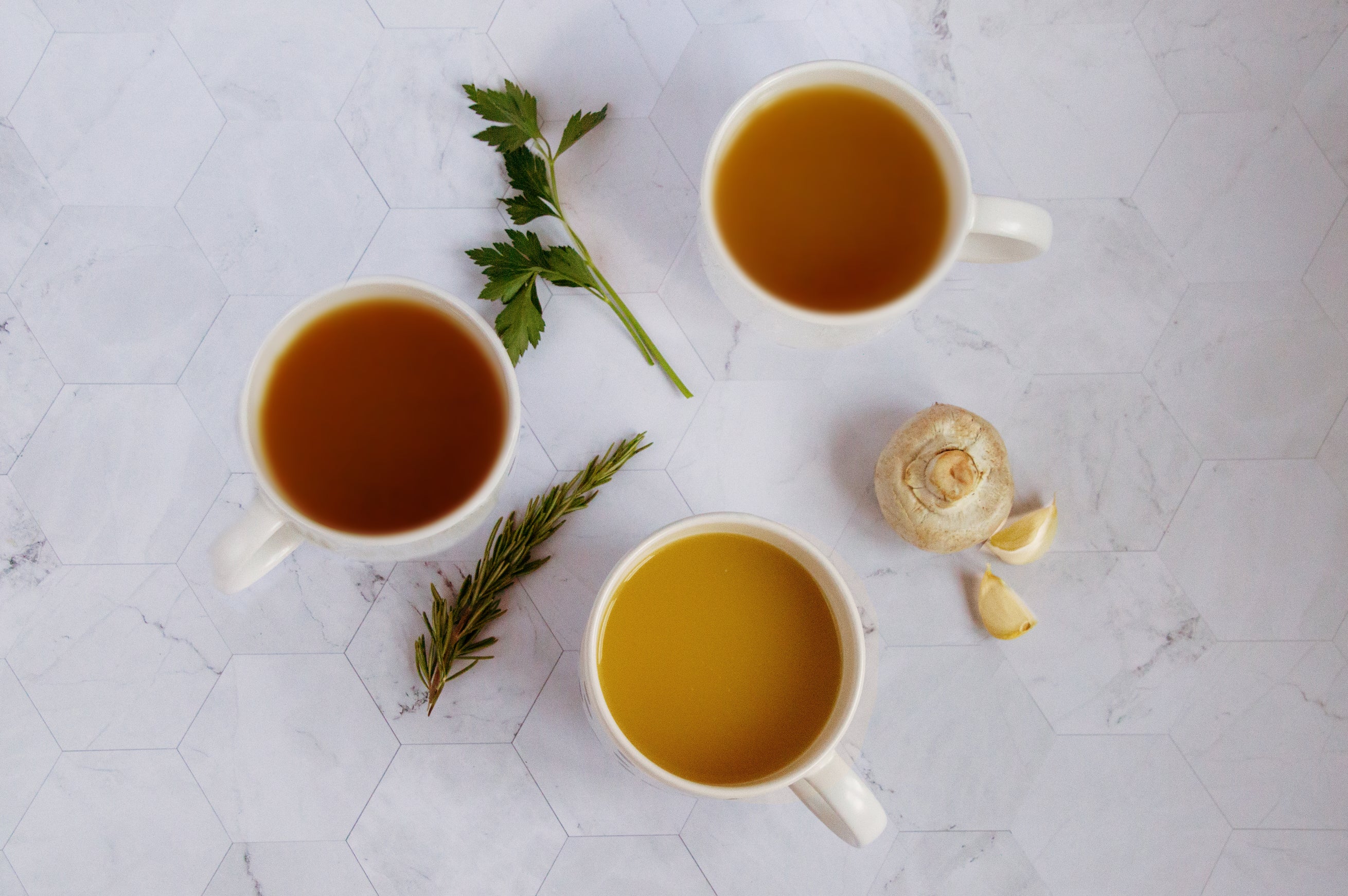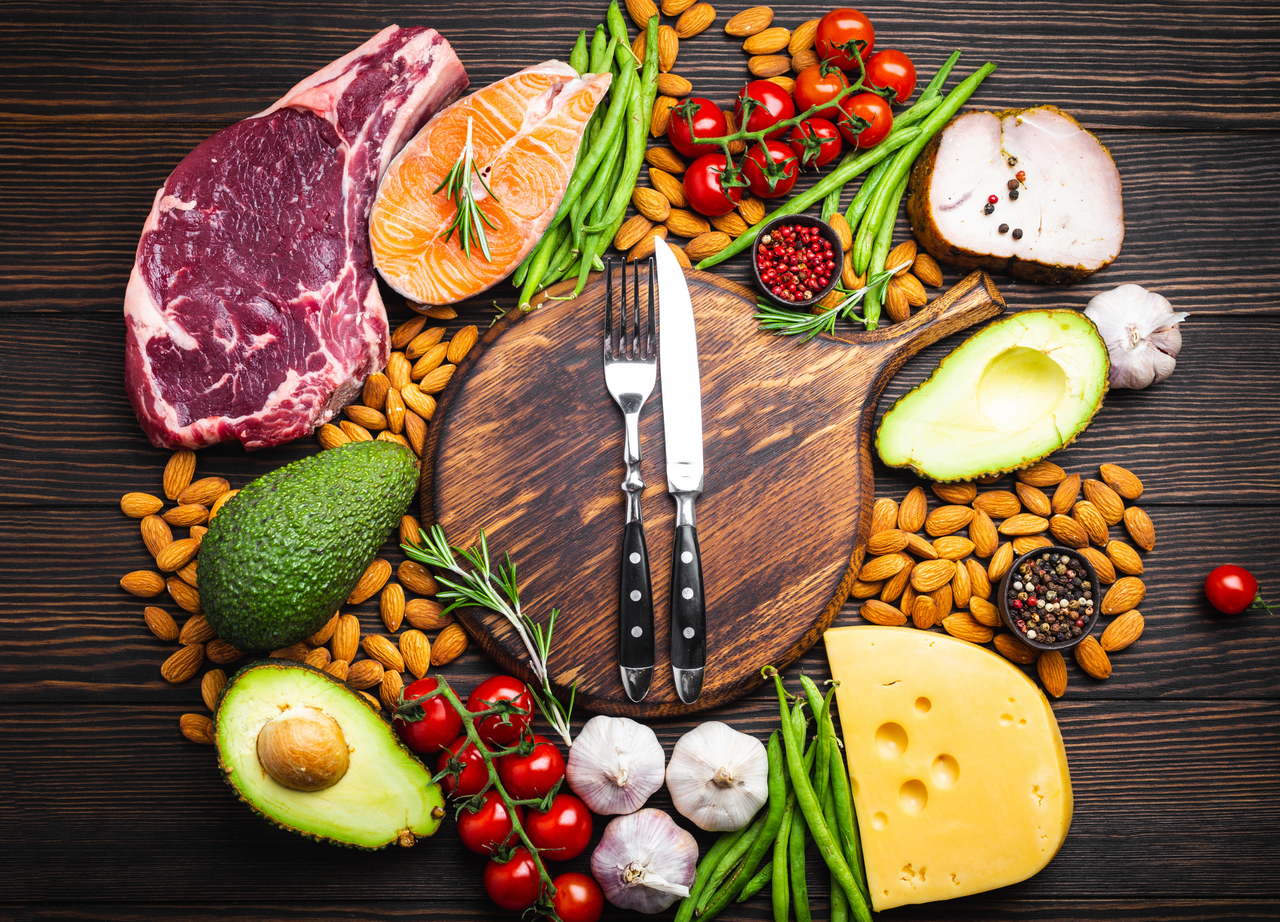Did you know that your gut health is linked to your mental health? Studies have shown that just the thought of food releases the stomach’s juices before food gets there. In that same way, getting stressed sends signals to your gut that can cause several digestive issues.
Funny enough, this mind-gut connection is common knowledge in our day-to-day speech. We get butterflies in our stomach when we are nervous, we joke that we cannot control our bowl movements when we laugh too hard or get scared, and we get a “gut feeling” around certain situations. But it is not until recently that science began to explore the relationship between the two.
Today, we know that our gastrointestinal system and central nervous system are in constant communication with each other. The chemical messages that pass between the gut and the brain can be affected by the bacteria, viruses, and fungi that live in the gut called the “gut microbiome. These bacteria, viruses, and fungi that live may be beneficial, harmless, or harmful. Therefore, an unhealthy GI tract can lead to depression, anxiety, brain fog, and more. In addition, your intestinal wall stores 70% of the cells that make up your immune system, which means it plays a vital role in your overall well-being as well.
Here are our top tips on keeping your gut and mind in balance!
Diet
Eating a balanced and nutritious whole-food diet is the most important step in keeping your gut healthy. Certain food such as fried, sugary, and processed food and beverages lead to inflammation and irritation in your gut. Instead aim for a diet full in whole grains, vegetables, fruits, fish, and lean meats. Here are a few things that you can add:
- Foods filled with vitamins and antioxidants, such as organic bone broth and organic vegetables and fruits of all colors — each pigment offers varying nutritional benefits, so think of eating a rainbow when shopping for food.
- Foods rich in probiotics such as sauerkraut, kimchi, miso soup, kombucha, tempeh, apple cider vinegar, and yoghurt. Probiotic foods have live bacteria in them that add essential and beneficial microbes to your gut.
- Prebiotic foods as these are high in fiber. Includes asparagus, bananas (especially when not quite ripe), garlic, onions, jicama, tomatoes, apples, berries, and mangos — offer the best prebiotic benefits when consumed raw or very lightly steamed.

Relaxation
Our emotions have a huge impact on our gut health. Taking the time for relaxation and self-care is therefore crucial for whole body health. Here are a few tips:
- A hot bath can relieve muscle pain and tension, calm the nervous system, reduce the levels of stress and anxiety in the body and improve your mood.
- The quality of your sleep is closely connected to your mood. You tend to be more irritable and stressed when getting poor or inadequate sleep so improving your sleep habits can help reduce your anxiety in your day-to-day.
- Meditation can help you gain a new perspective on a stressful situation, it may increase self-awareness, help you focus on the present, reduce negative emotions, and help build skills to manage your stress.
- Journal and write down any stressful situations and emotions on paper that occupy your mind as these tend to run on a loop in our head. As you write things down, you might think of a solution you had not thought of before.

As always, these are tips and may not work for everyone. When additional support is needed, please consider making an appointment with a mental health professional or nutritional doctor.






1 comment
Looking to order best medicine for brain and for gut.